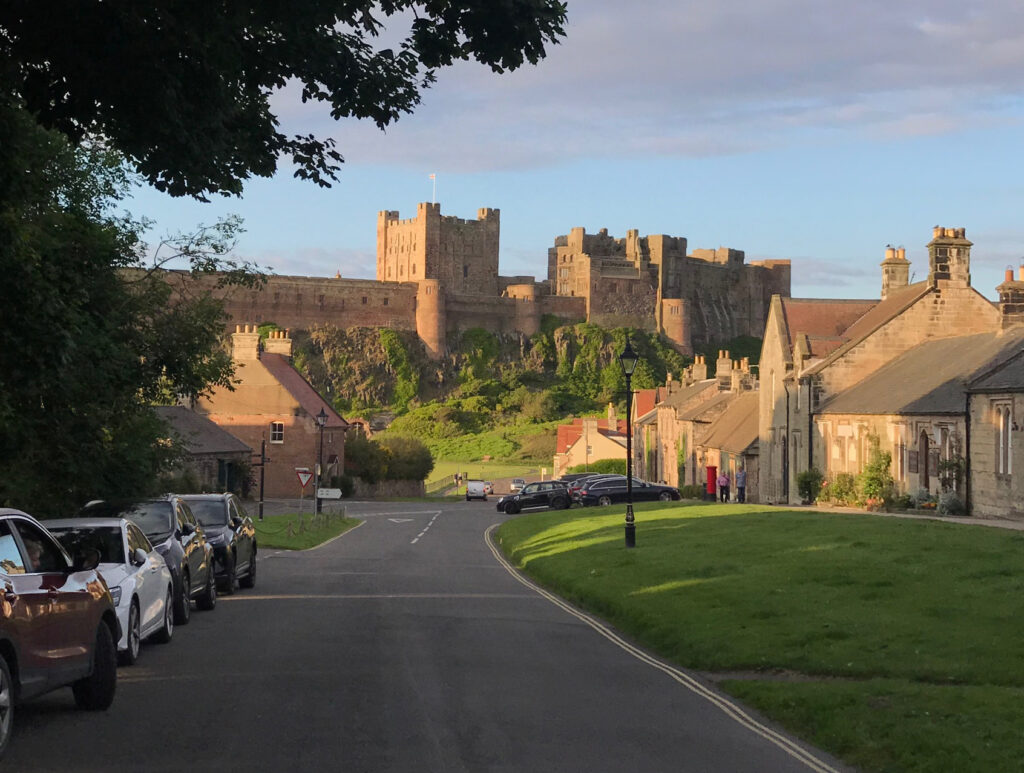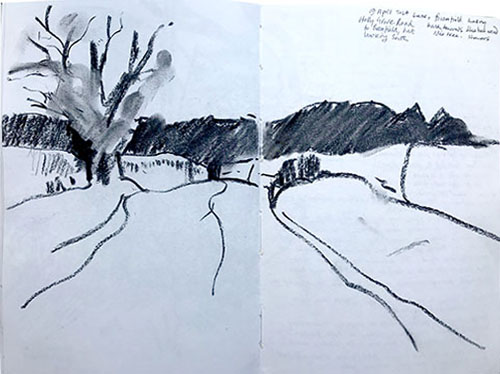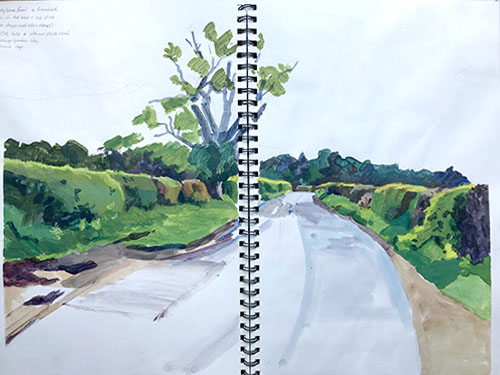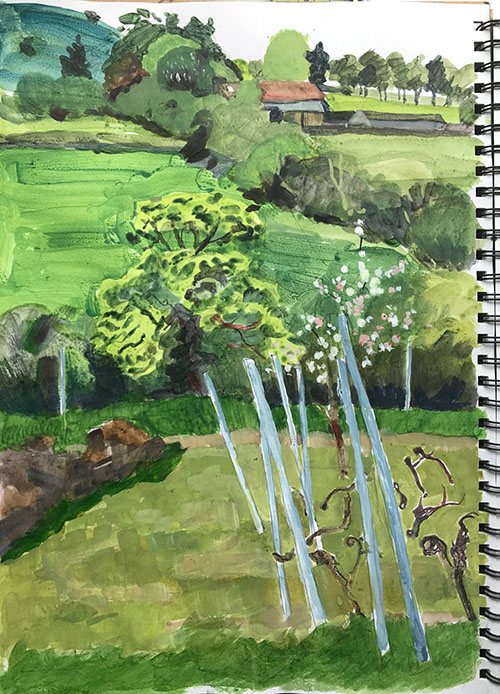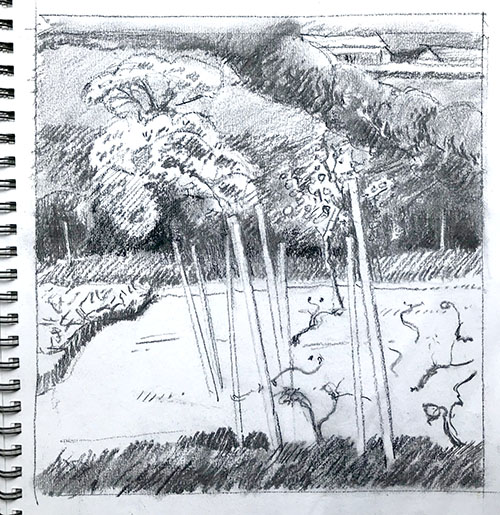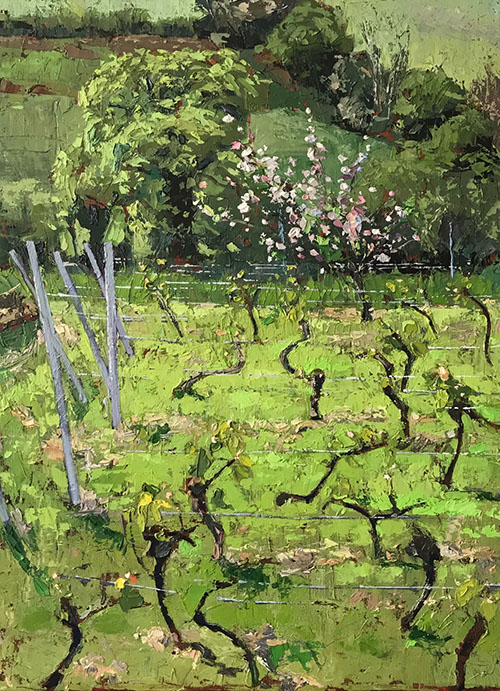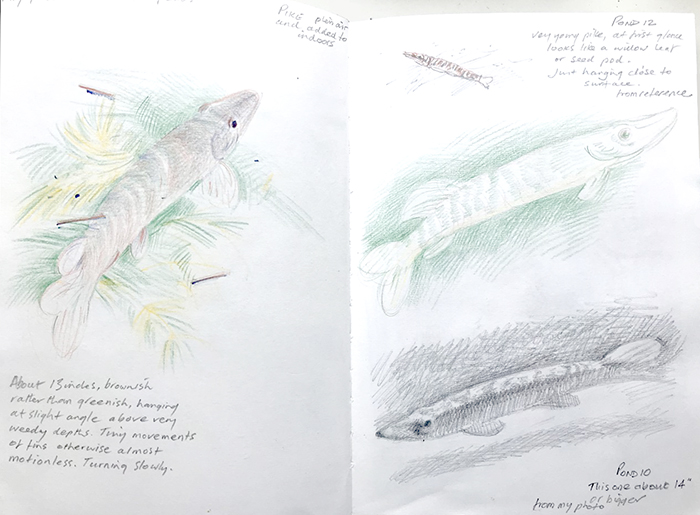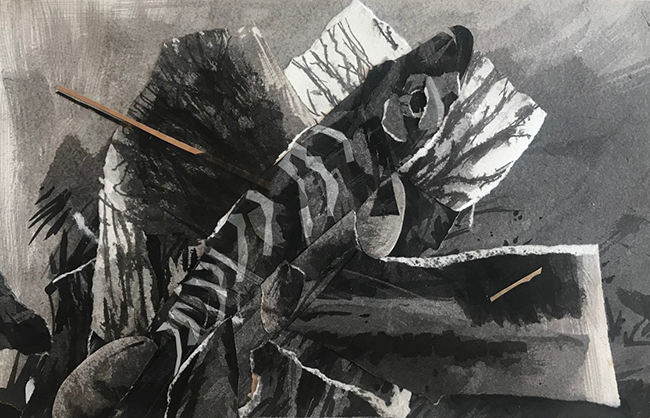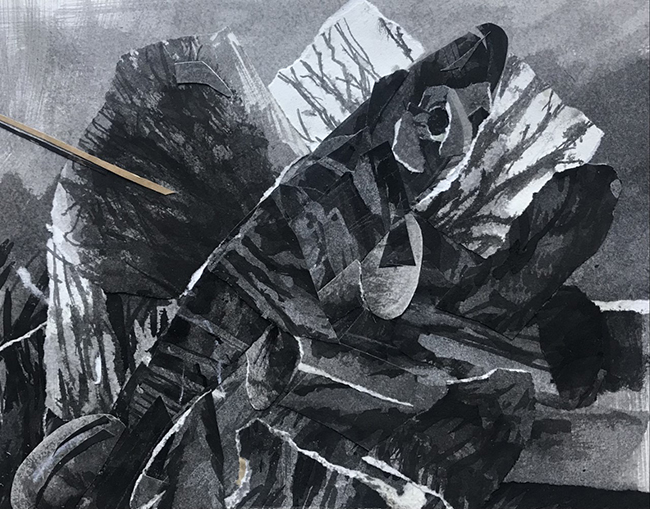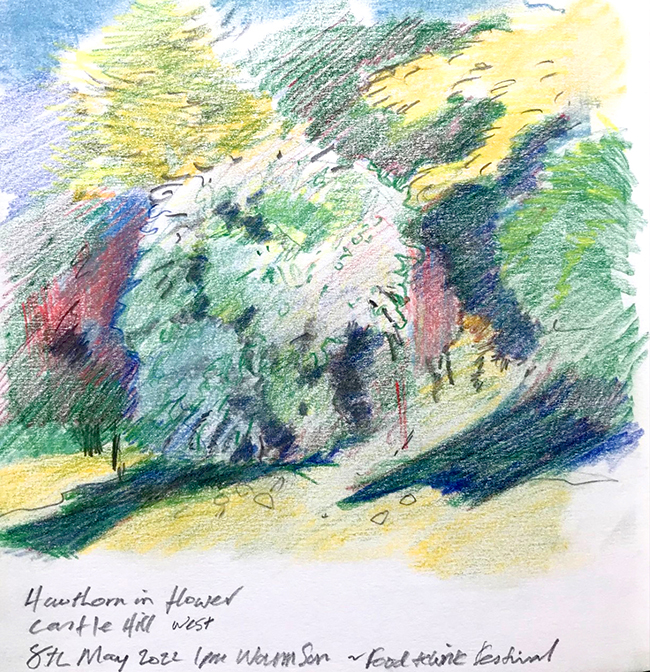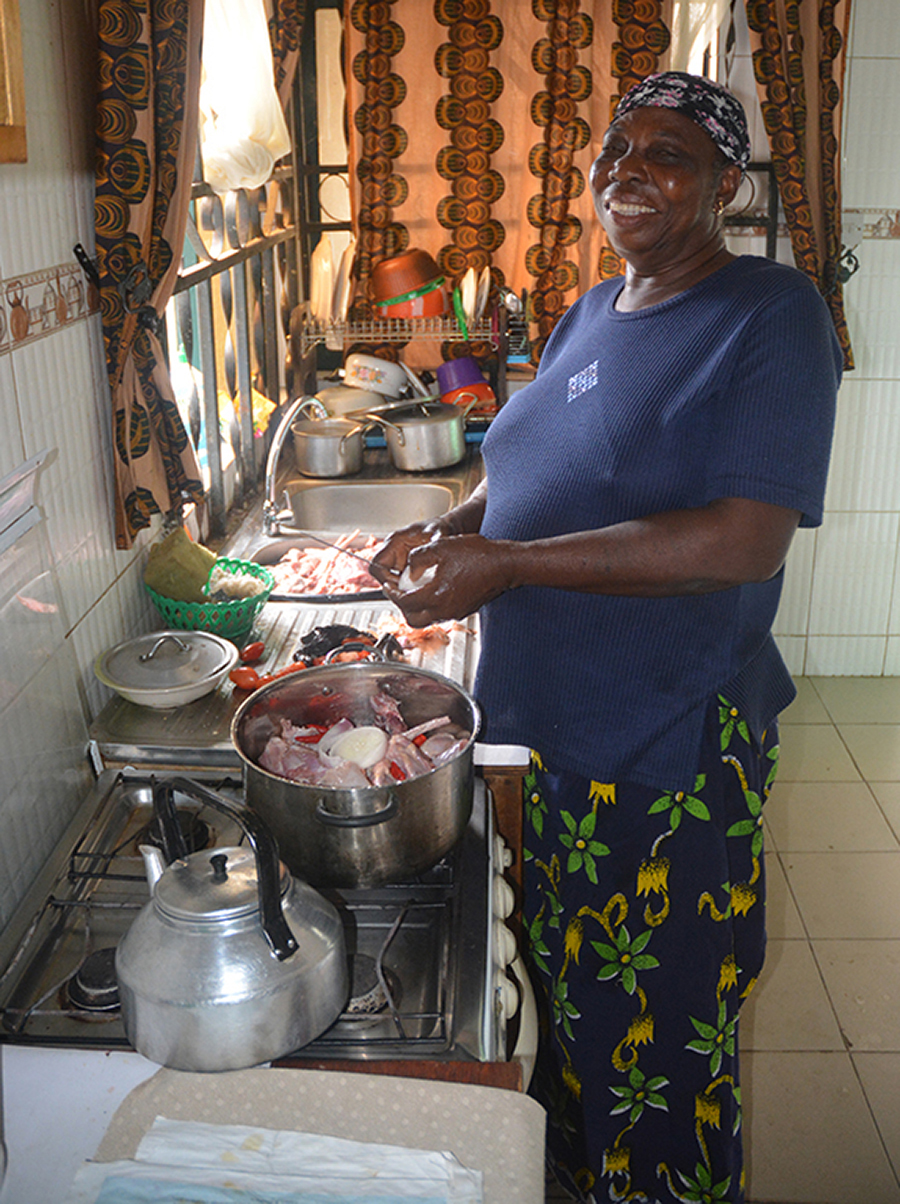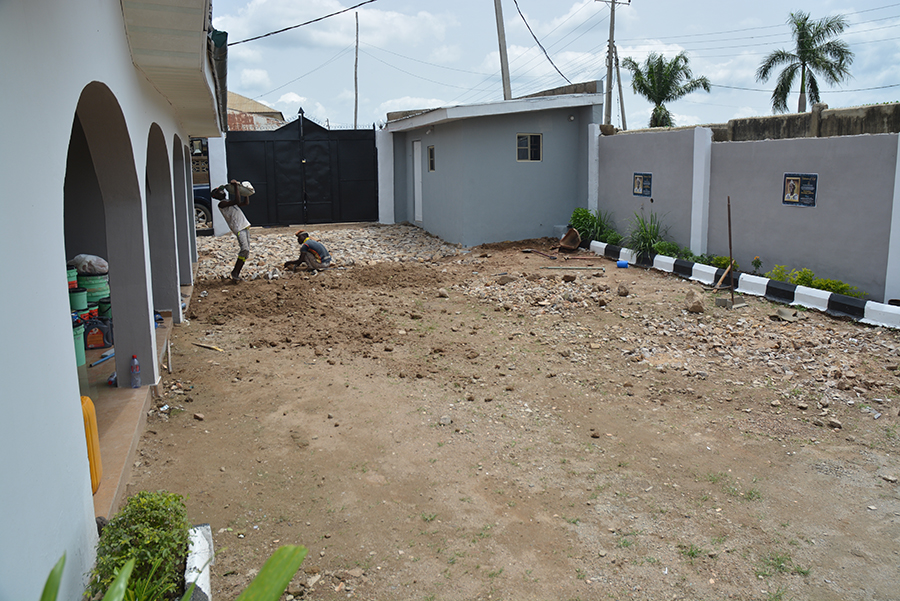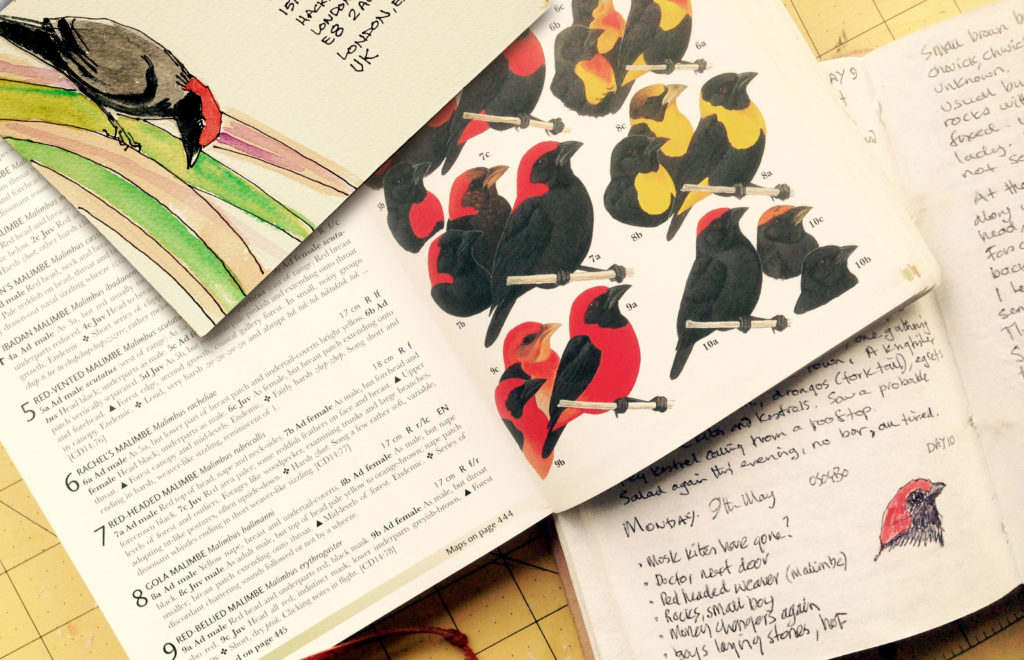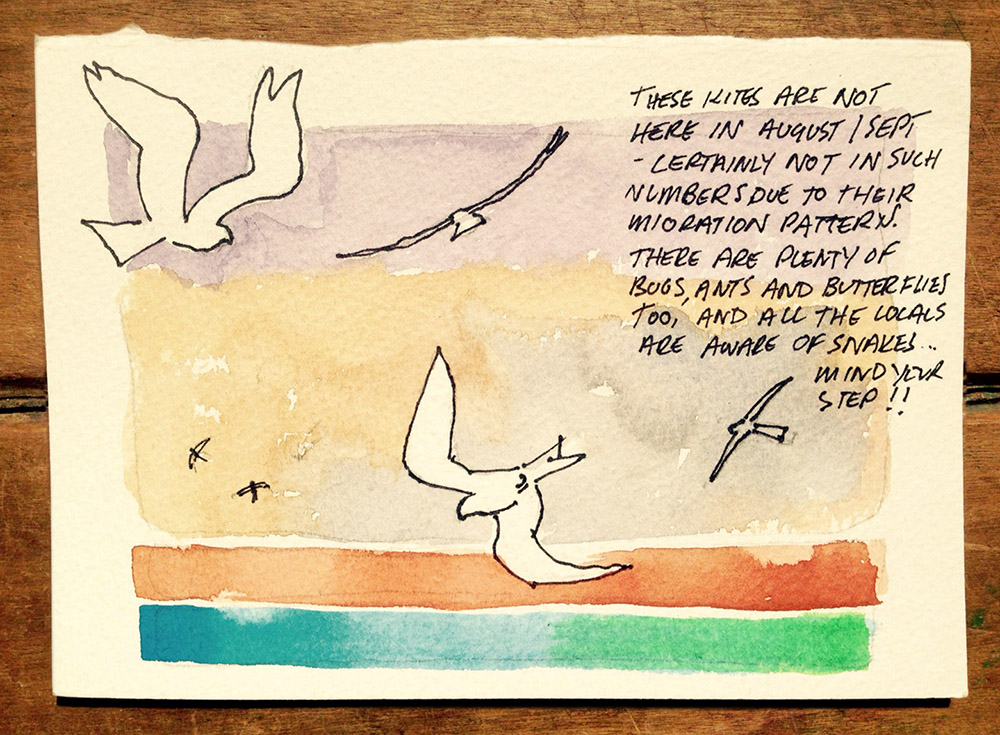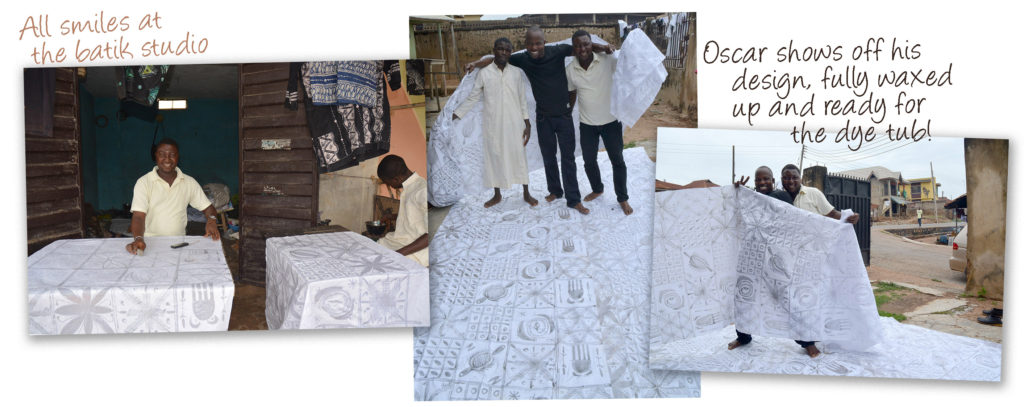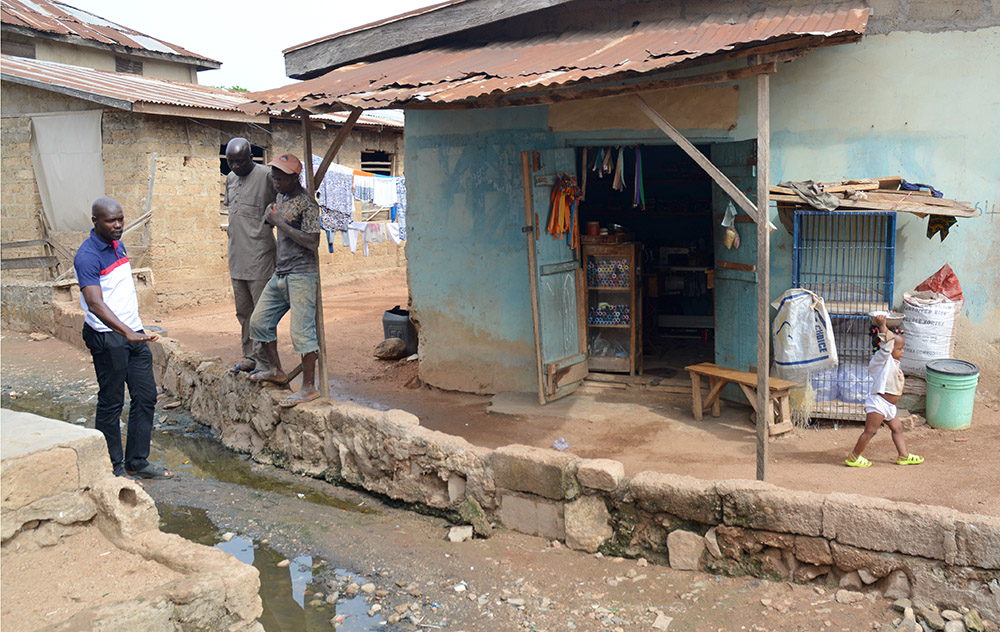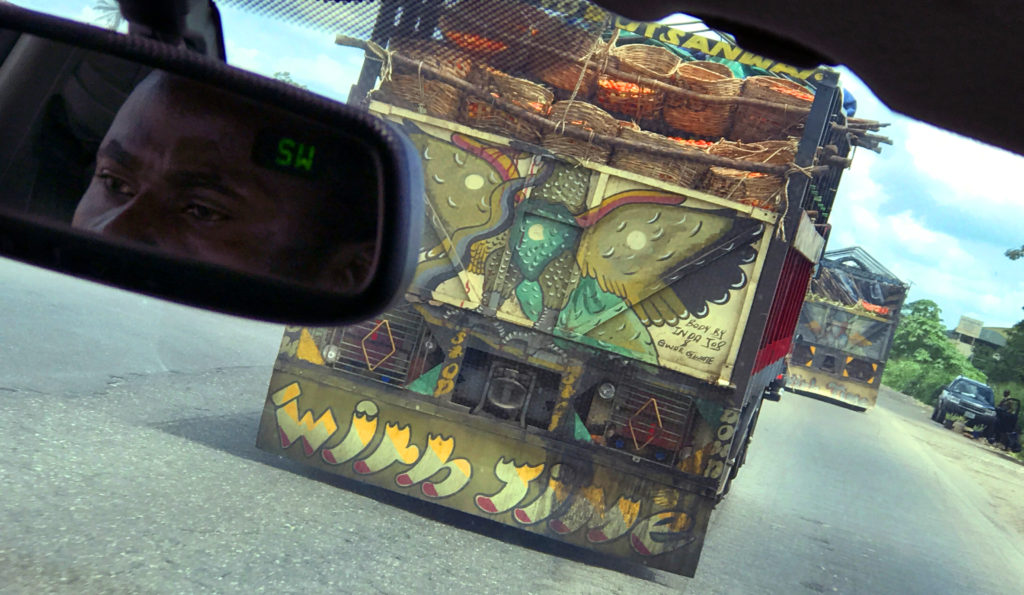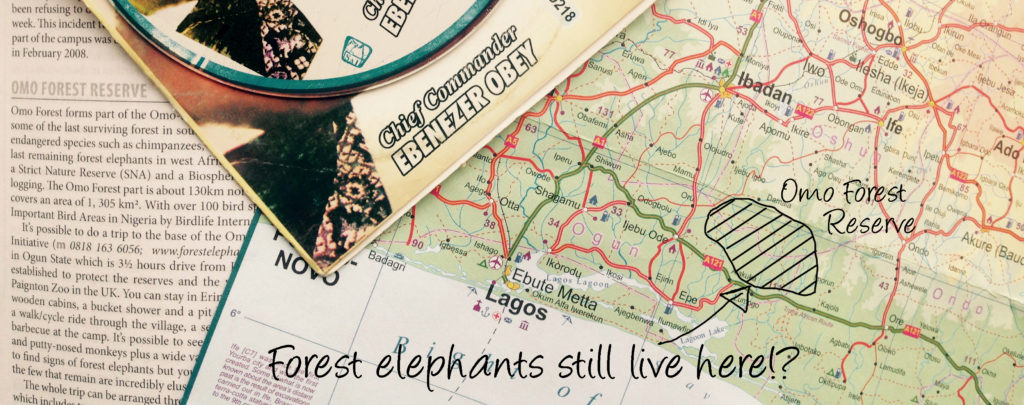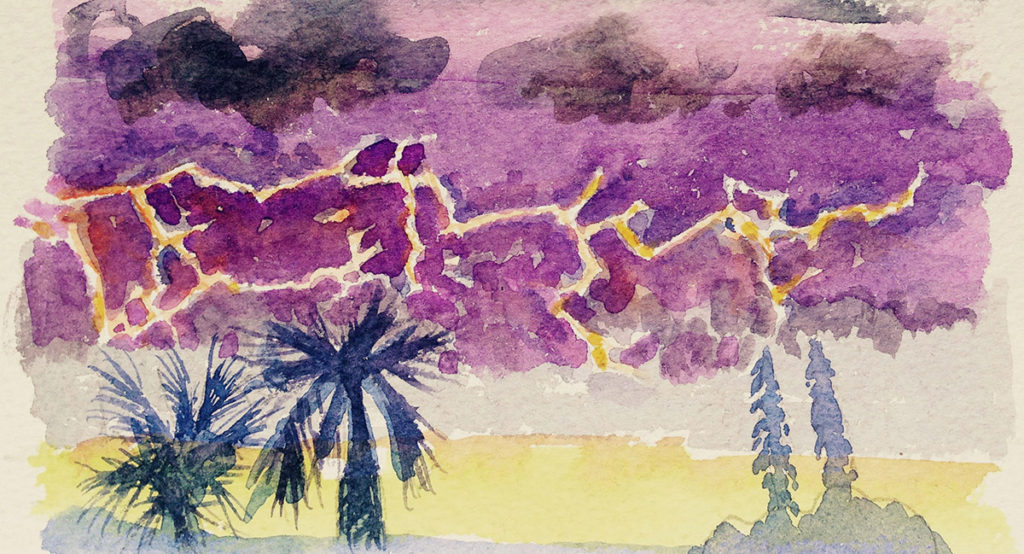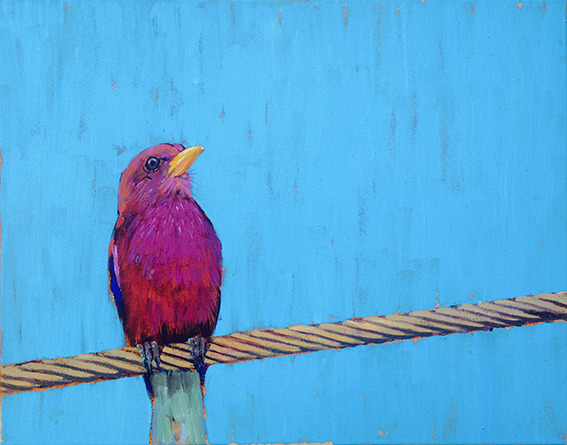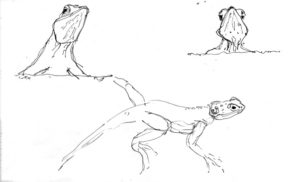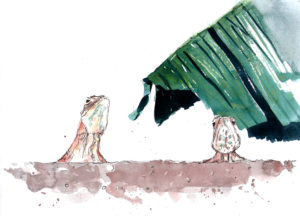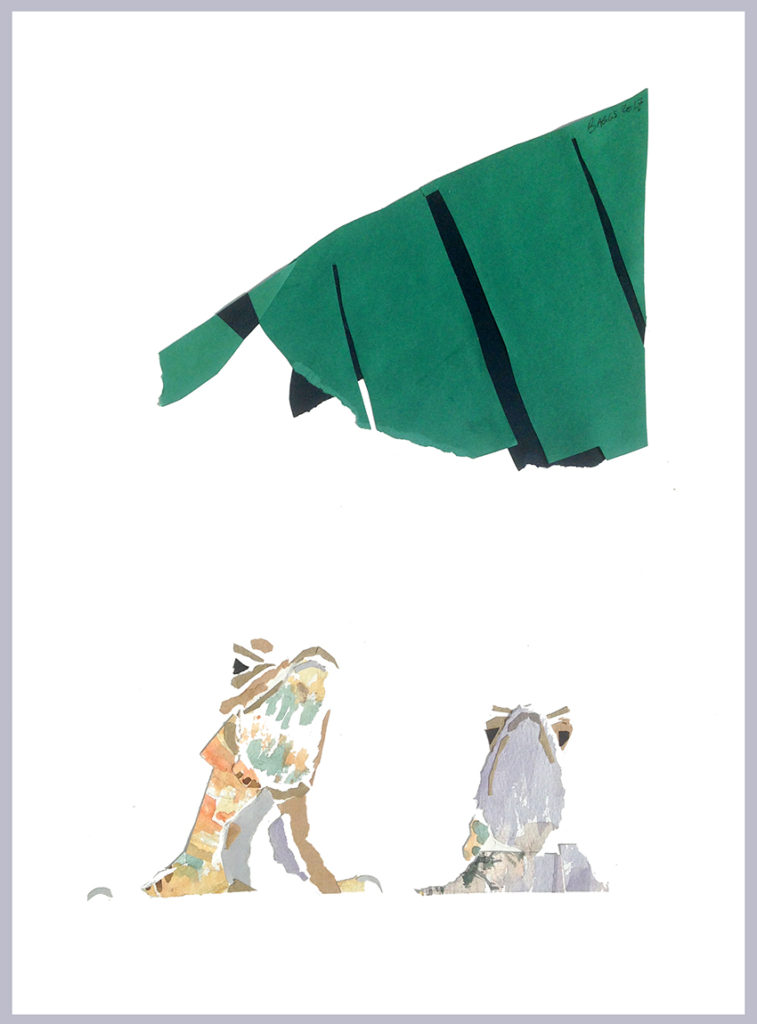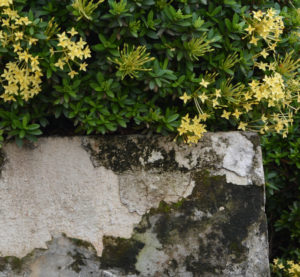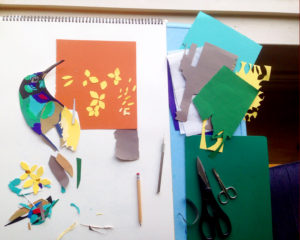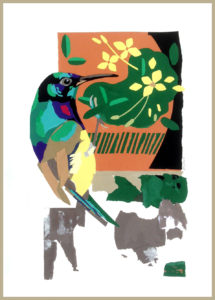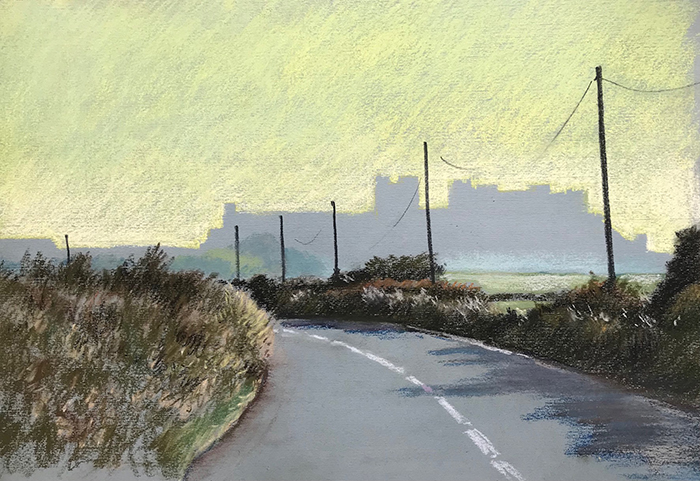
I’m visiting Northumberland for the first time, in a sunny a warm week in June. Setting off for an early morning walk on the empty wide beach beyond the dunes, itself a special landscape of long grasses, wildflowers and this time of year, many orchids.
Bamburgh Castle dominates the view in silhouette as we approach, the clear morning light is spectacular. Today is one of those occasions where you can take a quick snap from inside the car – there is no-one around – except dog walkers and bird watchers. I used the photo reference a week later to produce a pastel sketch on Fabriano paper, aiming to illustrate the light that bathes the seen in morning glory.
The sound of the sedge warblers singing from the tops of the bushes in the dunes goes hand in hand with this picture, I hear them when I look at it.
In the evening, the light from the West gives the castle a completely different look, though no less spectacular. Well worth a visit.
